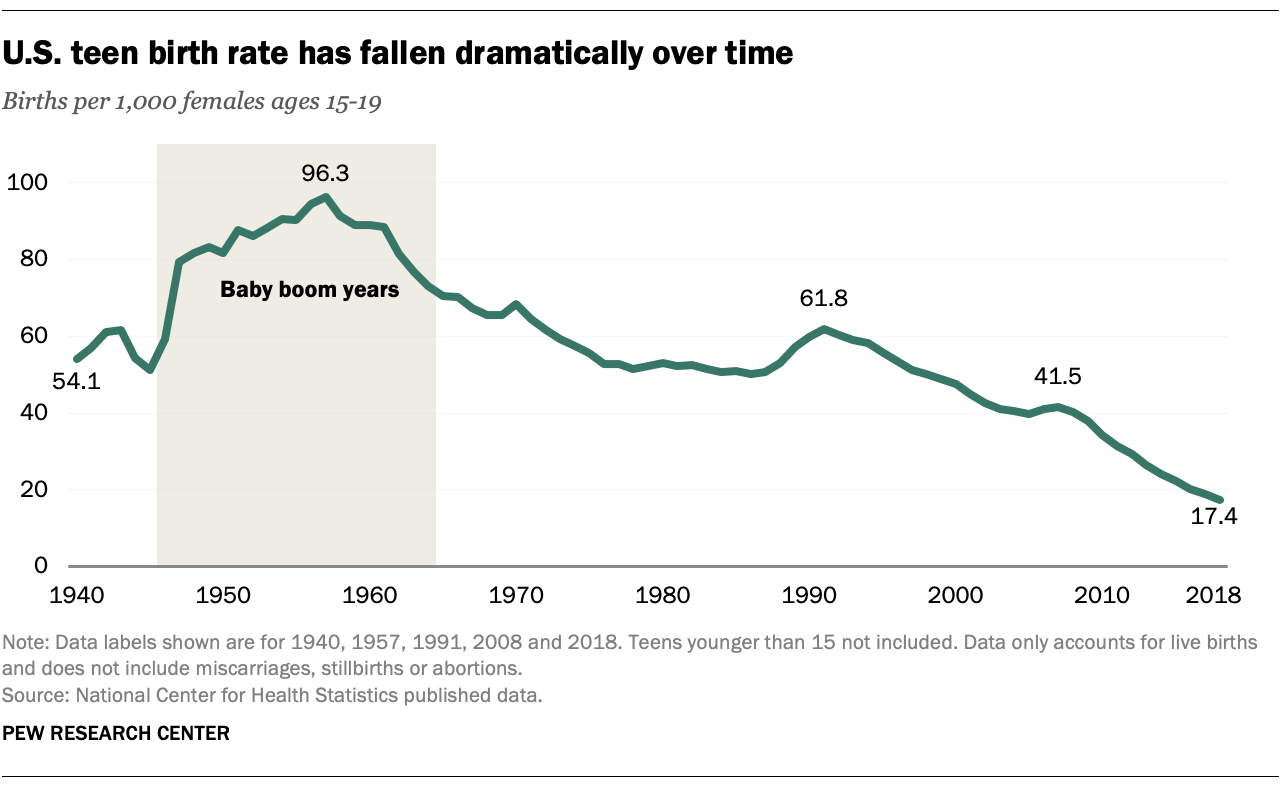
Teen Pregnancy: A Comprehensive Overview
Introduction
Teen pregnancy, defined as pregnancy in individuals under the age of 20, is a significant public health concern with far-reaching implications for both the adolescent mother and the child. This article delves into the complex issue of teen pregnancy, exploring its causes, consequences, and potential interventions.
Causes of Teen Pregnancy
- Lack of Education and Knowledge: Limited access to comprehensive sex education and contraceptive information contributes to teen pregnancy. Adolescents may not fully understand the risks and responsibilities associated with sexual activity.
- Peer Pressure and Social Norms: Peer influence and social acceptance of teen pregnancy can normalize the behavior and reduce the perception of risk.
- Poverty and Socioeconomic Factors: Economic hardship, lack of resources, and limited opportunities can increase the likelihood of teen pregnancy.
- Mental Health Issues: Adolescents with mental health conditions, such as depression or anxiety, may engage in risky sexual behaviors as a coping mechanism.
- Family Dynamics: Dysfunctional family relationships, lack of parental support, and exposure to violence can contribute to teen pregnancy.
Consequences of Teen Pregnancy
For the Adolescent Mother:
- Health Risks: Teen mothers face increased risks of pregnancy complications, premature birth, and low birth weight babies. They are also more likely to experience postpartum depression and other mental health issues.
- Educational Disruption: Teen pregnancy often leads to school dropout or delays in education, limiting future career opportunities.
- Economic Hardship: Teen mothers are more likely to live in poverty and face financial challenges, affecting both themselves and their children.
For the Child:
- Health Issues: Children born to teen mothers have higher rates of developmental delays, health problems, and infant mortality.
- Cognitive and Behavioral Problems: Children of teen mothers may experience cognitive and behavioral difficulties, including language delays, attention deficits, and conduct problems.
- Social and Emotional Challenges: Children raised by teen mothers may face social stigma, emotional neglect, and limited opportunities.
Interventions to Reduce Teen Pregnancy
- Comprehensive Sex Education: Providing adolescents with accurate and age-appropriate information about sexual health, contraception, and pregnancy prevention is crucial.
- Access to Contraception: Ensuring access to a wide range of contraceptive methods, including condoms, birth control pills, and long-acting reversible contraceptives (LARCs), is essential.
- Peer Education and Support Groups: Peer-led programs and support groups can provide adolescents with a safe and supportive environment to discuss sexual health and make informed decisions.
- Parent-Child Communication: Open and honest communication between parents and adolescents about sexual health can reduce the risk of teen pregnancy.
- Community-Based Programs: Community-based programs that address the underlying social and economic factors contributing to teen pregnancy, such as poverty, lack of education, and mental health issues, are essential.
Conclusion
Teen pregnancy is a complex issue with far-reaching consequences for both the adolescent mother and the child. Addressing the causes of teen pregnancy requires a multi-faceted approach that includes comprehensive sex education, access to contraception, peer support, parent-child communication, and community-based interventions. By empowering adolescents with knowledge, resources, and support, we can reduce the incidence of teen pregnancy and improve the health and well-being of our youth.